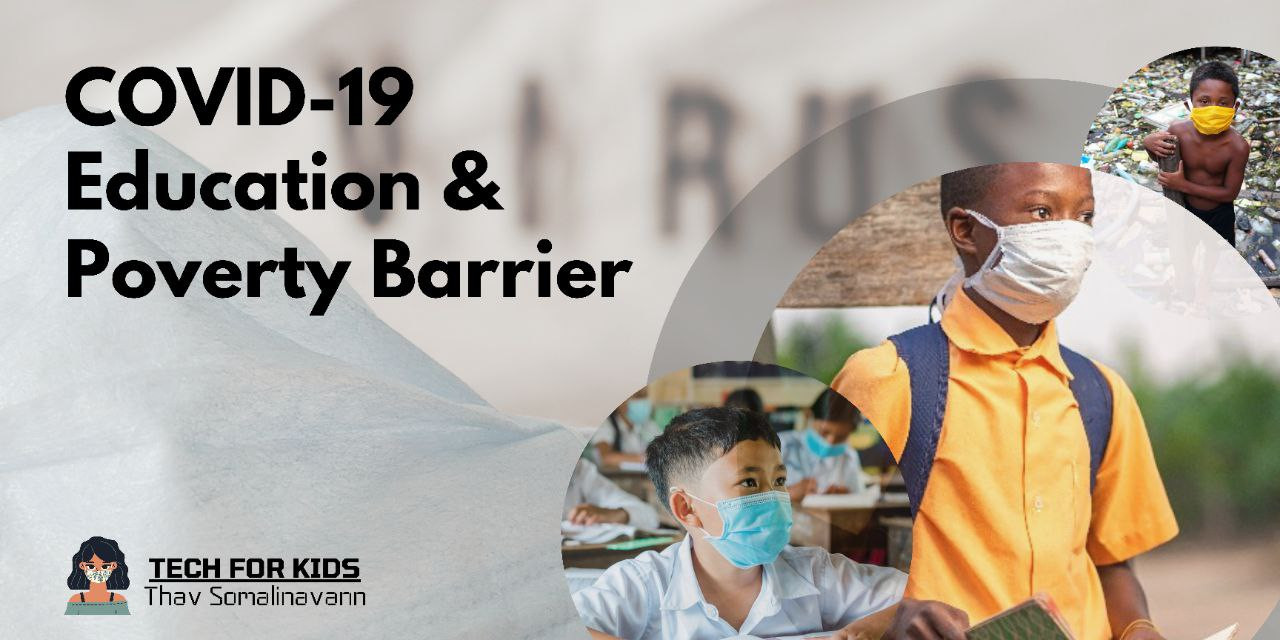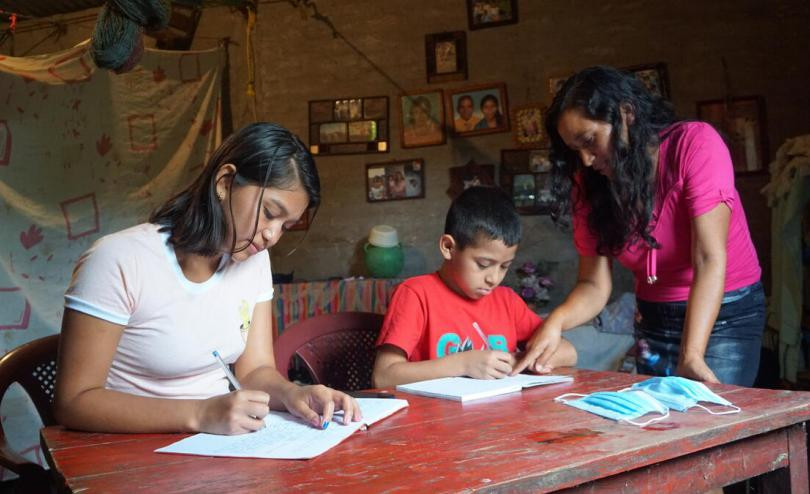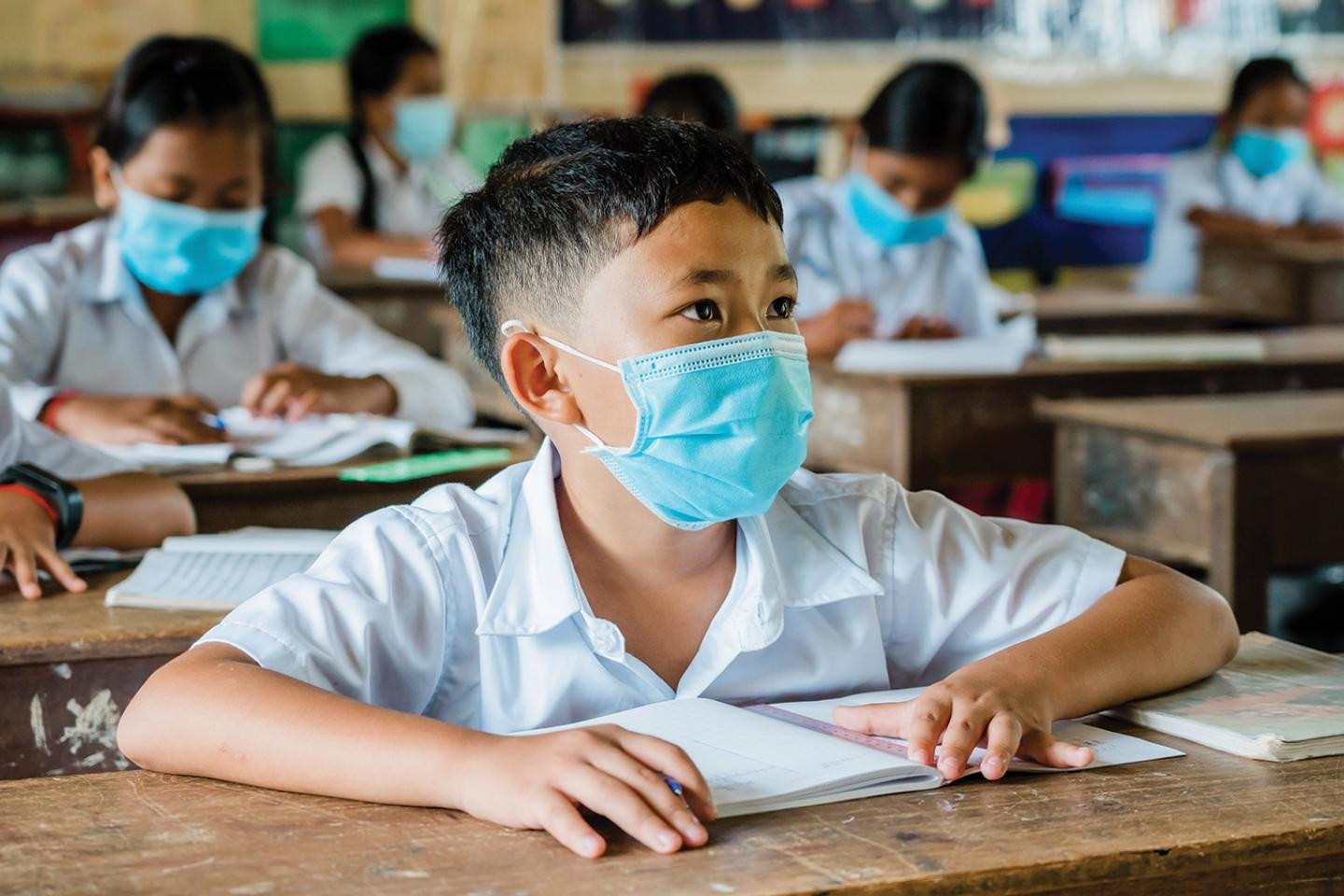
“All children have a right to education—a right that so many children have now been unable to fully enjoy.” _Human Rights Watch: Increased Inequalities in Children’s Right to Education Due to the Covid-19 Pandemic.

While you are reading this blog from your phone or computer screen, you have to understand that there are children out there that are struggling to find any devices or a working internet to join any online classes.
Fact #1: 1.3 billion children aged 3 to 17 years old – do not have internet connection in their homes for remote learning. (unicef.org)
Covid-19 has disrupted the education system in more than 190 countries and about 160 million students around the world. This pandemic crisis has been putting pressure on the pre-existing education inconsistency by restricting opportunities for vulnerable groups of children: marginalized communities in the rural areas are facing greater threat in accessing the education with limited opportunities and attention.
Moreover, closure of schools has affected 94% of the world’s student population; 99% of the proportion are from low-middle-income families(2). In the long run, the turmoil in education will considerably strike other society aspects: reducing literacy rate which could potentially lead to a rise in future unemployment and greater pressure on national poverty; higher risks of violence against women and kids due to the lack of proper education.
As the virus continues to spread and lockdowns keep on reoccurring during this pandemic crisis, remote learning is here to stay. In the current time, there are existing solutions to the disparities in education disturbance during the Covid-19 era: from broadcasting teaching on TV channels to take-home packages and online learning platforms (e.g. ZOOM, Google Meet, Microsoft Teams).
Unfortunately, due to financial issues and economic instability, parents are struggling to support children with their basic needs, needless to say an extra cost for online learning (e.g. rising electric bill, internet bill, the need to buy a new computer for school).
Fact #2: A survey conducted by Save the Children in 2020, based on 25,000 children, illustrated that less than 1% of children living in poverty had access to remote learning.
Poverty has become the obstructing wall between students and education, and the rope that tied them from continuing their educational journey. Hence, marginalized students did not have the privilege of being educated during the remote learning: students are still being left behind to these meagre solutions as they lack the access to computers for online learning.
For this reason, the 'Computer of Change' campaign is initiated by Tech for Kids Academy under the "Social Goods" initiative while being organized by youths from diverse backgrounds with a sole passion of making education more accessible to children in Cambodia. The initial idea of the project was inspired by an unfortunate event when Tech for Kids Academy was not having proper computers to conduct the coding classes. Thus, we are deeply inspired to carry this mission to change that and continue to make this project sustainable across various communities and schools from different generations even after the pandemic. (From CoC Committee)
